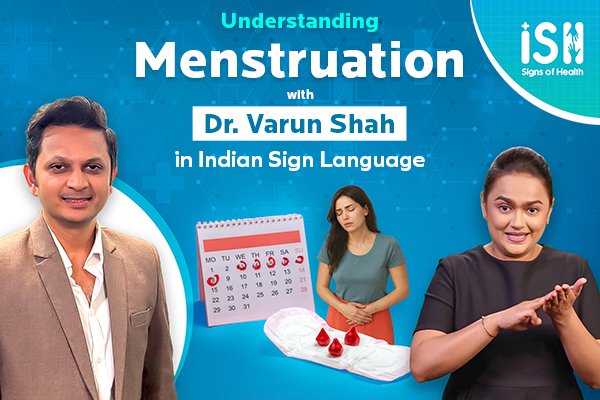Benefits of Eating Olives
Olives are extremely delicious and can be easily included in your diet! Watch our latest video to learn about its health benefits!
We have all eaten olives at least once in our lives. Olives are small, round and soft fruits. They may be green or black in colour. They are eaten entirely, or finely sliced. They are mostly used in salads, and sandwiches, and have a delicious taste. Olives are also used in the production of olive oil, which is healthier as compared to other oils used in cooking. From ancient times, the olive tree has been a symbol of sacredness, peace and unity. Fresh olives are very bitter. They need to be cured and fermented before they can be eaten.
The olive was first grown in the Eastern Mediterranean region between 8,000 and 6,000 years ago. Presently, olives came mostly from three hotspots: the Cyprus, the Aegean Sea and the Strait of Gibraltar.
Here are the health benefits of consuming olives.
Antioxidant properties:
Antioxidants reduce your risk of chronic illnesses, such as heart disease and cancer. Olives are rich in antioxidants, with health benefits ranging from fighting inflammation, to reducing microorganism growth.
Improved heart health:
High blood cholesterol and blood pressure are both factors for heart disease. Oleic acid in olives, is associated with improved heart health. It may regulate cholesterol levels and protect us from LDL (bad) cholesterol. Some studies also show that olives and olive oil may reduce blood pressure.
Improved bone health:
Osteoporosis decreases bone mass and bone quality. It can increase your risk of fractures.
The rates of osteoporosis are lower in Mediterranean countries (Albania, Bosnia and Herzegovina, Egypt, Greece, Israel, etc) than in the rest of Europe, this shows that olives might protect against this condition.
Cancer prevention:
Olives and olive oil are commonly consumed in the Mediterranean region, where rates of cancer and other chronic diseases are lower than in other Western countries. Thus, it’s possible that olives may help reduce your risk of cancer. Studies have shown that these compounds disrupt the life cycle of cancer cells in the breast, colon, and stomach.
However, when eating olives, one should be careful, as many people can be allergic to olives as well.
Olives are a savoury and delicious addition to meals or appetizers. They’re low in cals but high in healthy fats. They’re also linked to several health benefits, including improved heart health. This fruit is very easy to add into your routine diet and makes a great addition to a healthy, whole-foods-based diet.







